The Customer Experience Paradox: A Prediction for 2023
For a while now, the marketing and advertising world has been grapping with two very important, yet opposing ideas.
The first set of ideas is the need for more personalized customer experiences that drive greater loyalty and purchase behavior, and which requires a greater amount of first-party data to be owned and understood by the brand. Those following the research are already aware that consumers are more likely to shop and purchase from brands that tailor their experience with content, offers and other details. Of course, this also means that in order for a brand to personalize and experience on a one-to-one basis, they need to know a lot about that customer. This means they need to collect relevant information about that individual.
The second set of ideas is the need for greater consumer privacy protections and governance over that data. With increasing regulations in Europe (GDPR), the state of Califorina (CCPA), and now even in Virginia (VCDPA) these regulations are restricting more and more how brands use first-party (directly owned by the brand) and third-party (owned by other entities and used for tracking and targeting of advertising and other marketing) data. Additionally, the industry has started to regulate itself, with Apple, Microsoft, and a handful of others taking the lead on protections on third party cookies and mobile device ID tracking. Once Google fully deprecates third-party cookies, the world of advertising will be forever changed.
In 2023, we are going to see the clash of these two extremely important areas for brands and marketers. One one hand, they seem at odds with each other. How can a brand actively try to collect more data about an individual in order to personalize their experience, while also minimizing the amount of risk of falling out of compliance with consumer data privacy regulations?
The other way of looking at this is that a lot of the methods that marketers and advertisers have been using to get data about their customers is, at best, flawed, and at worst, unethical. Third party data sources vary widely in their accuracy, as well as in how ethical their methods of data collection are. This can often mean that brands investing in collecting first-party data, or working with ethical data “clean rooms” where first-party data is shared among trusted parties, can provide better information, thus better experiences. All while remaining within compliance.
In 2023, we'll see leaders in the space pull ahead at a faster pace by reconciling these two areas, while laggards may fall even further behind, delivering less than optimal customer experiences and with a need to play an even greater game of catch up in the months and years ahead. It will be exciting to see who stays at the forefront during these changing times!
